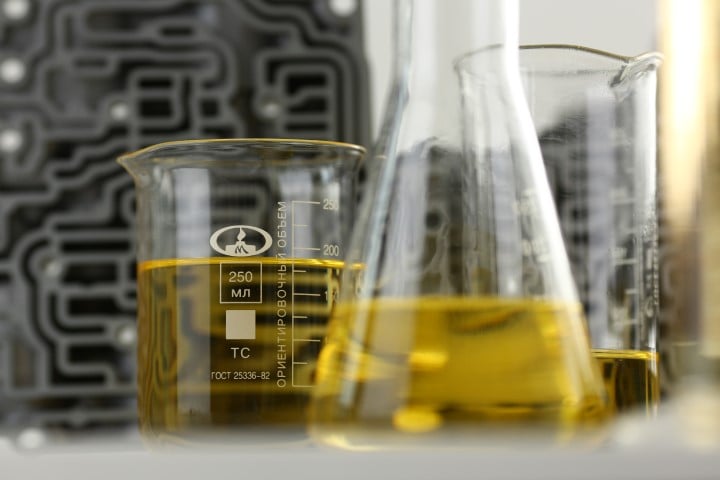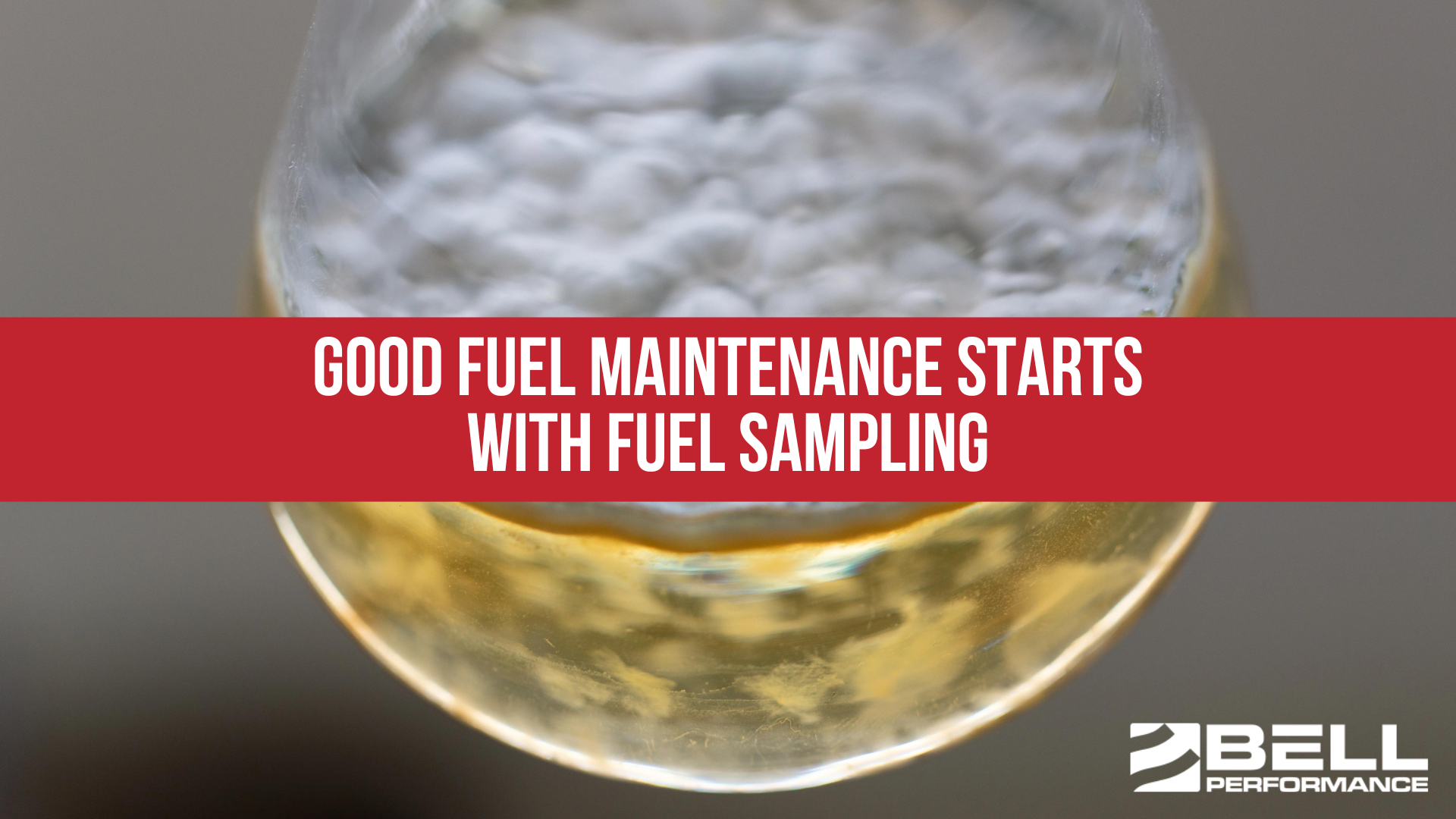Hospitals, utilities, diesel fleets, emergency management, telecom/data centers, facilities with backup generators - all places that rely on critical backup fuel stores. Those in operations or management for these kinds of facilities should know that the diesel fuels we use today (and that they end up stored for backup & emergencies) have changed from years past. If you’ve been a reader of this blog for any length of time, you’ve seen references to this over and over again.
A big difference between diesel fuels then and now is the storage life. That intersects with the concept of "stability", which is a general concept referring to whether something changes or resists change. For diesel fuel, it's how well it resists the kind of reactions and changes that all fuels go through over time in the real world.
There's a huge difference in the stability of diesel fuels today vs. diesel fuels of yesteryear. Back in the 1950s, the US Army reported that you could get 3-5 years (or more) out of stored diesel fuel. Now, without taking rigorous steps on fuel preventive maintenance, 3-5 years is out of the question.
the question at hand: HOW LONG WILL IT LAST?
If today's diesel fuels are more prone to change, how long should diesel fuel last in a storage tank?
Asking this kind of question is really asking: how long will diesel fuel retain its optimal characteristics before it degrades or changes beyond the point that it performs differently concerning what you want it to do?
We shouldn’t say “degrades” here because that might imply that some fuels degrade while others don’t. The truth is, that all fuel begins to change condition immediately after it is produced. But the process is typically slow, taking years before any change is noticeable. Kind of like we all start aging as soon as we’re born, right?
The changes to the makeup of today's diesel fuels can compress that healthy time frame from years to (in some cases) months.
It Depends (On What?)
How long does diesel fuel last in a storage tank? As with many things in life, the best answer is It Depends. But on what? The cliff notes answer is that it depends on 1) whether there’s any biodiesel in it (and how much), 2) whether it’s got or develops any significant microbial presence, and 3) whether water is removed regularly.
The third one is integrally linked to the second one – all tanks build up water, all tanks have microbes in them, and microbes love free water and need it to multiply. You do the math. If a microbial problem develops, it can destroy the fuel quality pretty quickly. Luckily, microbial problems can be controlled (never eliminated, just controlled) with simple housekeeping and condition monitoring efforts.
Biodiesel content in the fuel matters because biodiesel increases diesel fuel’s ability to hold water and also increases the chances of the fuel developing microbial problems (because microbes like to feed on it). This is compounded by the fact that today's ultra-low sulfur diesel fuels attract more water to themselves beyond the biodiesel content. So it's a double problem. The process of removing sulfur to meet the ULSD standards removes other compounds that used to naturally help diesel fuel repel water. Sulfur compounds in traditional diesel are used to absorb or bind with water molecules, aiding in separating water from the fuel. With these compounds significantly reduced, ULSD is less effective at repelling water; it holds on to more of it. This leads to more (and faster) free water buildup in storage tanks as the fuel warms up in the day and then cools down at night. Petroleum fuels dissolve more water when the temperature is higher. When the temperature is lower (at night), the fuel cannot retain as much of that dissolved water, so it comes out of the fuel as free water and helps add to the water at the bottom of the tank. This becomes a situation microbes find very attractive.
Hiding in the background while we discuss these three possible factors is the base problem of the cracked feedstocks in today’s diesel fuels. Diesel fuel oils and gasoline (including natural gas and naphtha) are the distillate fuels refined from crude oil. Residual fuels (like heavy fuel oil) are what’s left after the distillate is taken off. Refineries want more distillate fuels and less residual fuels because distillate fuels are in demand (and more profitable).
Back in the day when you could get 3-5 years of good storage life out of your diesel fuel, the refineries were only getting 55-60% distillate content from each barrel of crude. Now, they get 93% distillate content. But they only get this through specialized chemical reactions (cracking). They get more diesel and gasoline, but those profitable distillate fuels are less stable and more reactive.
The Answer?
So how long do today’s diesel fuels last in a storage tank? If it’s a common on-road diesel (which will have 3-5% biodiesel content in it) and if it’s reasonably well taken care of (water removed monthly, fuel is monitored for microbes), you would expect to get 18-24 months out of it before you would expect to start seeing issues. Sometimes 12-18 months.
But that’s if everything goes well. Enough things don’t go well in everyday life. The recommended best practices for taking care of stored diesel always include incorporating diesel fuel stabilizers. That’s in addition to good housekeeping and condition monitoring practices that you should be doing as a regular business habit.
So how long does diesel fuel last in storage? 18-24 months. Or 12-18 months. Unless it doesn’t.
You may be interested in these related posts:






